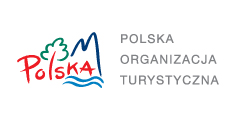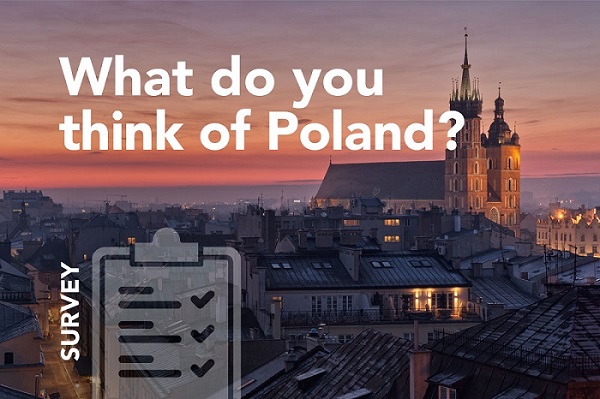Health
Medicines
A wide variety of painkillers, vitamins and cold treatments can be bought without prescription in any Polish supermarket, drugstore or kiosk. As well as Polish-produced medicines, products from the best-known international pharmaceutical manufacturers are also readily available. To obtain medicines which have been prescribed by a doctor, you must visit a pharmacy (apteka).
Before you set off
Before every journey, you should take all necessary precautions to make things easier in case of an accident or illness. It could be invaluable to have information on your blood group with you as well as other factors of medical significance; for example, information that you suffer from epilepsy or diabetes or wear contact lenses. Write this information on a card in English or Polish and place it in your wallet or passport to enable swift medical action in cases where communication is difficult (loss of consciousness or post-traumatic shock).
In case of an accident, sudden illness, injury, poisoning or life-threatening conditions, you are entitled to receive all forms of medical treatment without a referral. In such cases, you should go to a hospital immediately. If you are not able to get to a hospital yourself, quickly call an ambulance (tel. 999 from a landline or public phone, 112 from a cell phone). In emergencies where life is endangered, ambulance transport is free of charge.
Medical Aid
Visiting Poland is a great way to sightsee, relax and enjoy yourself. Should an emergency occur, here are some basic facts to help you cope with unforeseen events.
Health
Poland’s medical facilities are of an equivalent standard to those in other EU countries. Private medical facilities are comparatively inexpensive and of a good standard.
EU nationals can gain access to emergency medical treatment in Poland free of charge. Because the Form E111 is no longer valid, before leaving home you should obtain a European Health Insurance Card (EHIC). The EHIC will not cover you for medical repatriation, on-going medical treatment or treatment of a non-urgent nature, therefore you are advised to check if your travel insurance covers you for such conditions.
Before the trip you may want to take the usual steps, such as preparing a record of any treatment you may be undergoing or medication you are receiving, and keeping these details with you. This will enable the medical services to react quickly in emergency situations.
Emergency
In case of accident you may call an ambulance, using the number 999, or 112 from a mobile phone.
Allergy advice
If you suffer from allergy, travel to unfamiliar places may be another reason for discomfort. In Poland, especially in spring and summer, pollen levels are monitored and often reported in the media alongside with weather forecasts.
In most places in Poland, grasses produce pollen at the beginning of June until mid-July. The highest concentration of grass pollen is normally found in suburban areas, lush with green open spaces and meadows during blossoming of particular plants and harvest time.
The highest concentration of grass pollen is registered in the early hours of the day, both in cities and in the surrounding areas. Pollen count is lower at night. Immediately after rainfalls the air is free from pollen. However, showers can also be difficult for allergy sufferers – moisture brings out the allergen hidden inside pollen particles. This gets into the lungs in the form of aerosol and can even cause breathlessness in people particularly sensitive to grass pollen.
According to medical reports, only people especially sensitive to grass pollen may occasionally experience allergy symptoms in the second half of July and in August. In August and September, concentration of airborne grass pollen drops down to medium levels.
Drinking water
Drinking water in Poland is sanitarily satisfactory according to the WTO. However, most people boil the water before drinking it or simply buy bottled water.
Tap Water
Even though tap water in Poland has passed sanitary tests and is deemed satisfactory, it is still better to be on the safe side and boil the water before drinking it to avoid a slight trace of chlorine. A good idea would be to get a water filter to improve the taste, which is commonly used even by people in the US.
Bottled Water
There is an abundant supply and array of bottled water in every supermarket in Poland. There are many varieties of bottled water ranging from spring water to mineral water. It is indisputably a vital resource to have anywhere. Furthermore, there are several healing water springs in Poland from which water is taken, bottled and sold in both pharmacy shops and supermarkets.


